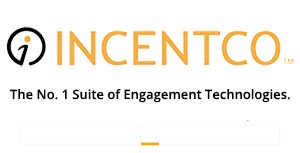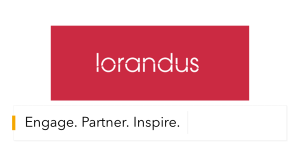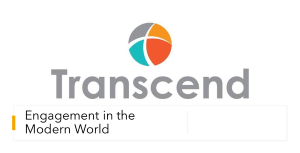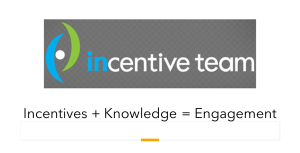Dr. Paul White: More Insights on WFH Trends
 The new work-at-home employees they heard from generally feel supported: respondents ranked the level of support they are receiving the number 4 on a 1 to 5 rating. Using open ended questions, the survey also sought to found out the types of support people are noticing.
The new work-at-home employees they heard from generally feel supported: respondents ranked the level of support they are receiving the number 4 on a 1 to 5 rating. Using open ended questions, the survey also sought to found out the types of support people are noticing. Keeping in touch. According to the study, nearly everyone mentioned keeping in touch as important. Video options (Zoom, Skype, FaceTime, Microsoft Team) are preferred but people mention: snail mail, texts, email, phone, social media. One respondent summed it up: “Be visible, reach out often.”
Dr. White says that “staying connected goes beyond work topics and takes many forms: sending and sharing encouraging e-cards or humorous memes, motivational quotes, jokes, favorite TED talks and podcasts, inspirational notes and emails.”
Work talk. People appreciate when managers check in to make sure they have the training and technology to transition to new work-at-home set ups, Dr. White says. Supervisors mention the positive responses they got when they were able to be flexible with expectations, schedules, and outcomes. Discussing topics together such relaxing deadlines when needed, keeping the focus on key projects, and helping team members problem-solve were also examples shared.
Another aspect of “work talk” that comes up multiple times deals with transparency and communication as a way to reduce stress and fears, according to Dr. White. “People appreciate knowing the latest work news—even if it isn’t entirely positive – because it is better than trying to guess what might be coming down the pipeline or listening to rumors.”
Non-work talk. Most people note the importance of talking about things that aren’t work related, Dr. White says. “Even when people are video-conferencing about work, they take time to talk about how they are doing. In fact, many point out that they make sure to start their meetings by asking about each person and sharing how they are and what they’ve been doing outside of their job responsibilities. Some take time to share stories of bright spots in their week or a moment of joy they have experienced.” He adds that several people mention that they either take time during virtual work meetings or set times to meet virtually outside of regular work meetings to create space for water cooler chats or hallway talks…Keeping this kind of connection helps keep a bit of normalcy and levity in our work relationships. This is a good time, Dr. White says, to acknowledge milestones and birthdays when people are together online.”
Caring and checking In. “One of the most important things that we found repeated in answers was listening. Most often mentioned by supervisors, but also suggested by others, is taking the time to be available and listen to each other whether it’s about fears and concerns or they just the need to vent is key in making employees and coworkers feel supported and encouraged.”
Everybody can be an encourager. Encouragement and support can come from any direction and can be given similarly – to anyone from anyone, Dr. White explains. “Managers and supervisors have been proactive in making sure they are communicating with and taking care of their employees, but their direct reports are also making sure to encourage them. Senior management has stepped in and taken a larger part in staying connected with employees. People feel strengthened in large group meetings, meetings with smaller groups and especially during one-on-one conversations. They feel supported by managers, by those they manage, and by peers. Anyone can give and receive encouragement.”
Celebrate small wins. Based on the survey feedback, Dr. White recommends, “Keep a positive yet honest attitude. Try to strike a balance between the stress and vulnerability created by our current situation and humor and optimism about the future. Take time to reflect and consider the ways your coworkers have been supporting and encouraging you and also how you might do more to support and encourage them.”
For More Information
Master the Principles of Stakeholder Capitalism And Implementation Through Enterprise Engagement
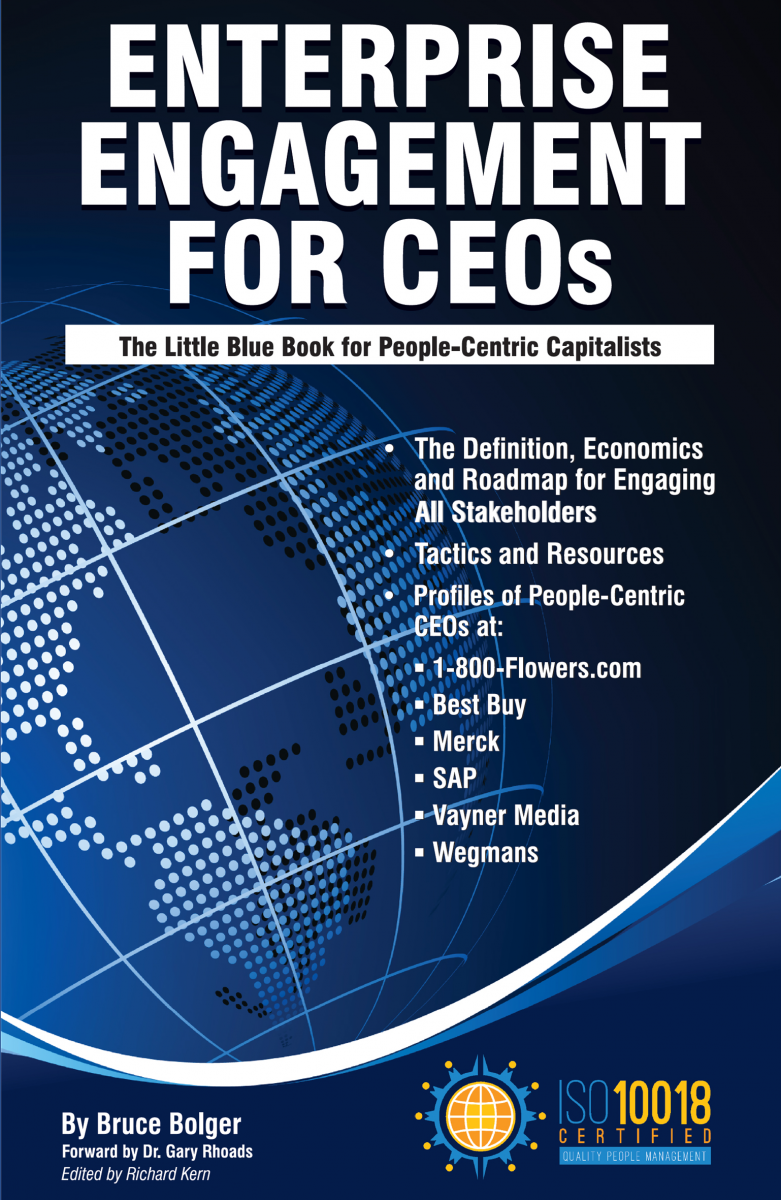
This is the definitive implementation guide to Stakeholder Capitalism, written specifically to provide CEOs and their leadership teams a concise overview of the framework, economics, and implementation process of a CEO-led strategic and systematic approach to achieving success through people. (123 pages, $15.99)

The first and most comprehensive book on Enterprise Engagement and the new ISO 9001 and ISO 10018 quality people management standards. Includes 36 chapters detailing how to better integrate and align engagement efforts across the enterprise. (312 pages, $36.)
OTHER RESOURCES TO ACTUALIZE STAKEHOLDER CAPITALISM
Communities: The Enterprise Engagement Alliance and Advocate and the Brand Media Coalition free resource centers offering access to the latest research, news, and case studies; discounts, promotions, referrals, and commissions, when appropriate to third-party solution providers from participating coalition solution provider members.
Online Overview:
10-minute short course: click here for a 10-minute introduction to Enterprise Engagement and ISO standards from the Coggno.com learning platform.
Services:
• The Engagement Agency at EngagementAgency.net, offering: complete support services for employers, solution providers, and technology firms seeking to profit from formal engagement practices for themselves or their clients, including Brand and Capability audits for solution providers to make sure their products and services are up to date.
• C-Suite Advisory Service—Education of boards, investors, and C-suite executives on the economics, framework, and implementation processes of Enterprise Engagement.
• Speakers Bureau—Select the right speaker on any aspect of engagement for your next event.
• Mergers and Acquisitions. The Engagement Agency’s Mergers and Acquisition group is aware of multiple companies seeking to purchase firms in the engagement field. Contact Michael Mazer in confidence if your company is potentially for sale at 303-320-3777.
Enterprise Engagement Benchmark Tools: The Enterprise Engagement Alliance offers three tools to help organizations profit from Engagement. Click here to access the tools.
• ROI of Engagement Calculator. Use this tool to determine the potential return-on-investment of an engagement strategy.
• EE Benchmark Indicator. Confidentially benchmark your organization’s Enterprise Engagement practices against organizations and best practices.
• Compare Your Company’s Level of Engagement. Quickly compare your organization’s level of engagement to those of others based on the same criteria as the EEA’s Engaged Company Stock Index.
• Gauge Your Personal Level of Engagement. This survey, donated by Horsepower, enables individuals to gauge their own personal levels of engagement.
For more information, contact Bruce Bolger at Bolger@TheEEA.org, 914-591-7600, ext. 230.







